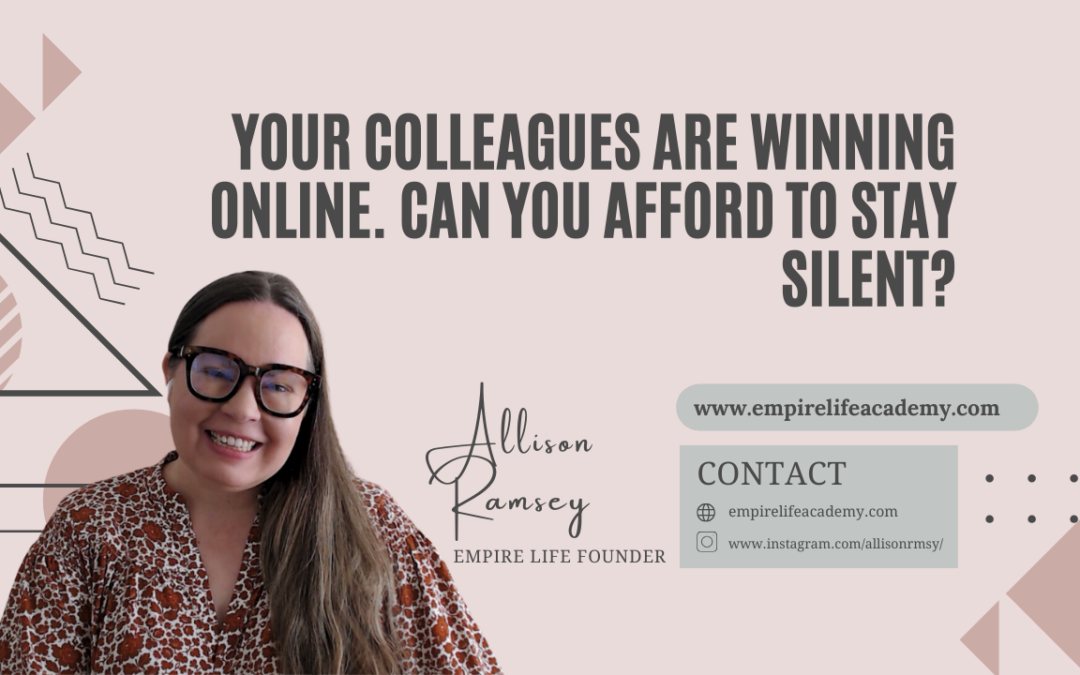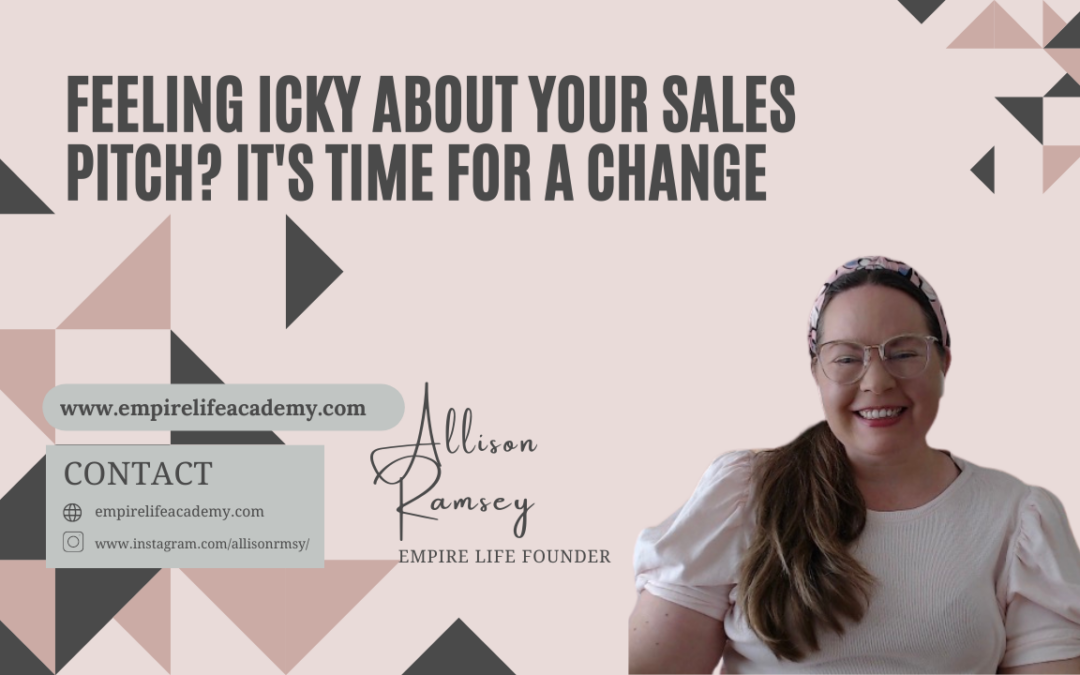LADIES, THE SIMPLE MINDSET SHIFT TO ASK FOR WHAT YOU WANT
It may come as a surprise in how research shows across age and internationally how when compared with men, women don’t often ask for what they need, and often settle for what is offered. They also tend to not think about negotiating for themselves.
In our recent upcoming book, full launch date March 10th, we discuss this topic thoroughly too. Grab you free sample here. If you’re reading this after March 10th you can grab a copy here too.
After their experience in the corporate world, Linda Babcock, and Sara Laschever researched the differences between men and women in negotiating for what they need. The findings reported in their book, Women Don’t Ask are relevant in understanding women, men and meeting needs in and out of the workplace.
Women Asking for their Needs
What makes the question of women asking for their needs such an important one? One of the answers is because women do ask for others, and less likely for themselves.
Women as mothers, partners and home builders often ask for others.
Key ways to start the mindset shift to be able to ask for anything you want:
Generating Courage
Bold actions require learning new mindset shifts and overcoming limiting beliefs. In order to be able to ask for more, take up space, and aim high, here are some ways to develop your mindset:
1.) We must understand our why: this is a huge component in aiding us to be continually courageous is understanding our why. We also need to reflect on where we want to go. Asking ourselves what we want and desire the outcome to be, and who it will benefit. We will often feel more courageous when we match our desired outcome to the high risk ask because now we have our why behind it.
2.) Identify Your Bottom-Line: Going into a sale or negotiation requires us to understand the lowest threshold we are having for someone to enroll in working with us and the lowest amount we are willing to accept in the negotiation.
3.) Understand How You Will Respond If The Answer Is “No”: Another consideration is to consider what you will do if you get a no. If you can answer that, that is a significant piece of information. What is your plan? Will you quit? Will you seek help from another mentor? Seeing beyond the potential no will allow you to go into the negotiation with a much more powerful mindset.
4.) The ZOFO Area: Learning to ask for what we want does not happen overnight, it takes consistent effort and practice. When we are learning to have healthy risk taking capabilities, the area we can sometimes get ourselves into is often referred to as the ZOFO (Zone of Freaking Out), until we have learned to handle healthy risk taking. If we are slightly freaked out don’t always take this as a signal that we are doing something wrong. It’s often a signal that we’re doing something brave.
Collecting Gold Stars
Sometimes we are pre-conditioned as little kids to ‘earn those gold stars’. I remember also there being a color system, green for great, yellow for a warning and red for a letter home in our folders, in elementary school. I often struggled to stay on green the whole day, I usually switched between yellow and green all day. If we were on green at the end of the day we received gold stars by our names.
Women often work super hard at “collecting gold stars ” – once they receive those gold stars this translates for them into being deserving of what they desire. Sometimes we are under the limiting belief that someone will see our hard work and immediately understand what we need and desire and give it to us. Women through research have been shown, to be often waiting for someone to see their hard work, or see their social media posts and just reach out to them, it often does not occur to them to ask directly.
Connections vs. Needs
Women will adjust their behavior and needs to protect personal connections.
- “If you really want to go to the game instead of the party- we will go to the game.”
- “I really hadn’t planned on retiring but….”
The upside to being empathic to the needs of others is the power that it brings to connections- both in the work situation and in the home relationships. The downside of women not expressing their needs at the risk of disrupting connections is that some women never find out they are entitled to have both needs and connections. Women often feel if they ask for themselves they may risk the love stopping, or be unloved by the other person saying “no”, labeling them as “needy”, and not accepting them for what they want. Therefore, there are quite a lot of women left feeling deprived.
Cultural Shaping
Author, Linda Babcock underscores that from the time women are little girls they are really not encouraged to ask or aggressively pursue their needs in the same way as boys. As a result they themselves feel less entitled to ask and fear being identified as “Bitchy” or demanding if they do. The adaptation to ask indirectly for what they need or to ask for less than what they really want rarely works well.
In both work and home relationships, people are often mystified or frustrated by the lack of clarity.
“I wish she would just say what she really wants.”
“You said you wanted to stay home for your birthday – I don’t get why you’re upset.”
Complaining is Not Asking
-
Given that women are more expressive of feelings from the time they are little girls, they are better able to ventilate to reduce stress. That does not guarantee, however, that the listener will know what they want to change, remedy or do to improve the situation.
- In an interesting study worldwide it was found that married men do less housework than women and less housework than males who are cohabitating but not married – Does marriage take away a women’s personal feeling of entitlement to ask for help?
- Is she complaining rather than specifically asking? Should he know? Maybe. Does he know? Maybe not.
A Paradoxical Couple Suggestion – Whereas we are always telling men to just listen without trying to solve the problem – here we are suggesting that women just say what they need without expressing all the feelings.
Catch-22 for Women
Crucial to her research findings and her thesis, Laura Babcock suggests that what has made it difficult for women to negotiate for her needs in the workplace is that she is often not re-enforced for doing so.
Babcock and others suggest that there is still a male cultural corporate bias reflected in the fact that men and even other women tend to react more negatively to women then to men who actively pursue their needs or try to aggressively ask for what they want.
The negative adaptation is to NOT ASK. The positive adaptation is for a woman to ask for and negotiate needs in a way that is authentic to her.
When Women Bring Negotiation To Work
-
In the world of negotiations, the natural gender breakdown seems to be that men see negotiating as competitive winning or losing. This is the “Fixed Pie” or distributive approach – only one person gets the pie.
- Women are much more inclined to a collaborative, integrative “growing the pie” negotiating style. This is an approach that capitalizes on cooperation and relationship building in negotiating sustaining decisions. It involves acknowledgment of cost and benefits to all parties.
- The Corporate world uses both positions but is increasingly recognizing the viability of collaborative negotiating as the wave of the future in effecting more sustaining decisions. Women need to recognize the role they can play in asking for themselves and facilitating negotiating with others.
Bringing It Home
As much as partners feel like they really know each other, can answer for each other and can communicate with a smile or a mere glance – mind reading is not recommended as a great couple skill. In fact, the safer it is for partners to ask for what they need, the more they can trust a “yes,” live with a “no” and make sense of either – the more fulfilled both will be.
HOW TO GET IN TOUCH
You can also find more information about Allison Ramsey, Facebook Digital Marketing Professor & Empire Life Founder at Instagram, LinkedIN, Website, and Twitter.
To learn more about getting started with Empire Life in scaling your online empire you can contact Allison, Founder of Empire Life, on Instagram and LinkedIN.
“This might sound grim, yet expect to fail. And to fail GREATLY. The greatest entrepreneurs you know of, yet not limited to – Suzy Batz, Tony Robbins, Gary Vee – all of them have all failed greatly, and many times, before reaching a high level of success. “
our Recent blogs
Check Out The Most Recent Blogs.

Your Colleagues are Winning Online. Can You Afford to Stay Silent?
Your colleagues are Winning Online. Can You Afford to Stay Silent? Did you know that 82% of consumers are more likely to trust a company if its founder or CEO is active on social media? That's alarming news for many female founders who might feel overwhelmed or unsure...

Feeling Icky About Your Sales Pitch? It’s Time for a Change
Feeling Icky About Your Sales Pitch? It's Time for a Change SALES PITCH can be an annoying and triggering word for many women in business. We dream of building enterprises (aka empires) fueled by passion, making an impact, and serving our ideal clients. Yet, when it...

From Idea to Bestseller: Your Self-Publishing Roadmap
From Idea to Bestseller: Your Self-Publishing Roadmap We all want to be a best-selling author. The allure is undeniable: seeing your book at the top of those coveted lists, the potential financial success, and the satisfying knowledge that your words resonate with...
Let’s scale your online empire.
Say Hello!
Hi There! We will love to hear from you! Come Find Us on social and dm us!


I know this web page gives quality depending posts and
other stuff,
is there any other website which gives these kinds of things in quality?
I do not even know how I ended up here, but I thought this post was good.
I don’t know who you are but definitely you’re going to a famous blogger if you are not already
Cheers!
Thanks for the generous article.
I have discovered wonderful messages here. I love your post.
So perfect!
Wow! This blog looks exactly like my old one! It’s on a completely
different topic but it has pretty much the same page layout and design.
Excellent choice of colors!
It is not my first time paying a quick visit this web site, I am visiting this site dailly and take pleasant facts from here every
day.
Admiring the persistence you put into your site and in depth information you offer.
It’s good to come across a blog every once in a while that isn’t the same outdated
rehashed information. Wonderful read! I’ve bookmarked your site and I’m adding
your RSS feeds to my Google account.
Hey there! This is my first comment here so I just wanted to give a quick shout-out and tell you I truly
enjoy reading through your articles. Can you recommend any other blogs/websites/forums that
cover the same subjects? Thanks!
That was certainly a wild blog read ride! Loved it!!
Love it… thank you!!!!
You guys rock at Empire Life!
One interesting thing I like about myself is that I have to make my bed every morning or else I can’t start my day right. An untidy bed is an untidy mind.
Here’s to the future of success and fulfillment as we adopt this happy and cheerful mindset shift to ask for what we want.
As successful women, let’s celebrate each other’s victories and encourage the adoption of this successful and supportive mindset shift.
This mindset shift is a game-changer for successful women aiming for greater heights in their careers. Let’s support each other through this journey!
To all the successful women out there, let’s uplift each other and embrace this empowering mindset shift.
I’m feeling inspired to make this successful mindset shift and boldly pursue my ambitions. Let’s do this, ladies!
exactly what I need
Hello There. I found your blog using msn. This is a very well written article. I will be sure to bookmark it and come back to read more of your useful information. Thanks for the post. I will certainly return.
I rarely comment on other people’s blogs and when I do, it’s because I loved it. That’s what I felt after reading your blog. Great work
Impressive work. Thanks a bunch!
I love this! I’m looking forward to reading more articles that you wrote.
Hello, all the time I used too check web site posts here early in the morning, for the reason that I like to learn more and more.
Challenge yourself to explore new genres and topics—it will keep things exciting.
Your words are a masterpiece of storytelling.
This blog is a testament to the power of women’s voices, stories, and experiences to inspire, educate, and empower.
A haven for the intellectually adventurous, where new horizons are constantly explored.
A digital movement led by women, for women, to create a more just, equitable, and inclusive world.
A digital movement led by women, for women, to create a more just, equitable, and inclusive world.
An empowering space where women can share their experiences, insights, and dreams with the world.
An empowering space where women can come together to learn, grow, and support one another.
An intellectual refuge from the chaos of daily life.
This blog is a beacon of enlightenment in the darkness.
A sanctuary for the intellectually inclined.
An intellectual oasis in the desert of mundanity.
An intellectual refuge from the distractions of modern life.
This blog is a testament to the power of knowledge sharing.
A tapestry of insights waiting to be unfurled.
Your blog is indeed a testament to the impact of genuine passion for the subject matter.
Your ability to balance depth and accessibility makes your blog truly impactful.
This blog is a beacon of hope for the intellectually curious.
A sanctuary of insight in a world inundated with superficiality.
Your words have the power to inspire action and positive change in your community.
A perfect blend of passion and practical advice for female startups.
Rewriting the narrative of female entrepreneurship with great flair! ✍️
Your insights are always on point, thanks.
Your insights are truly enlightening.
Your words have the power to inspire change.
An escape hatch from the everyday, transporting you to new worlds and possibilities.
This blog doesn’t just inform, it transforms, piece by thought-provoking piece.
As successful business women, let’s empower each other to make this mindset shift and confidently ask for what we deserve!
This blog evokes multiple emotions.
Your writing is a beacon of light.
Readable font choice. Thanks for this!
I think the search for the best article is done because I have found you!
Your words are a tapestry of eloquence.
Cheers to all the bold and successful women making the simple mindset shift to ask for more in their careers!
Your stories are a journey into the unknown.
Your stories are a testament to your talent.
Your stories are a testament to your creativity.
A lot of blog writers nowadays yet just a few have blog posts worth spending time on reviewing.
Success is ours for the taking! Let’s adopt this happy and cheerful mindset shift to ask for what we want.
Here’s to all the successful women embracing this mindset shift and fearlessly going after their dreams!
As successful business women, let’s empower each other to make this mindset shift and confidently ask for what we deserve!